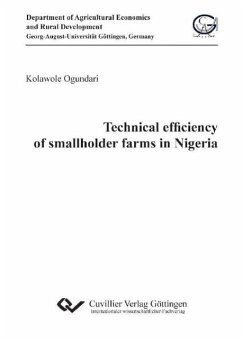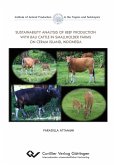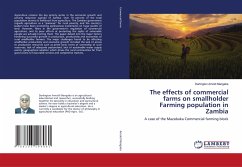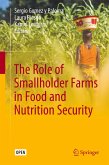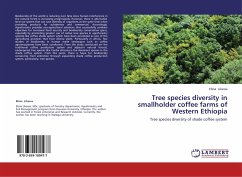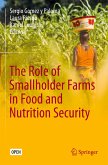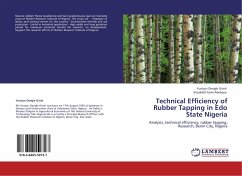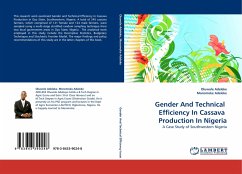This dissertation is based on three essays with a focus on the technical efficiency of smallholder farms in Nigeria. The overall objective of the research is to contribute to the existing literature on the efficiency and productivity of Nigerian agriculture. The first essay examined the development and drivers of the average technical efficiency in Nigerian agriculture based on 64 efficiency studies covering 1999-2008. The second essay went on to further identify the trends in crop diversification while examining its impact on the technical efficiency of smallholder farms in Nigeria. Last but not least, the third essay investigated technical efficiency, inputs substitution and their complementary effects using an output distance function while focusing on cassava production in Nigeria. The second and third essays are based on unbalanced panel data of 846 observations covering three farming season (2006/07-2008/09) from southwestern Nigeria via the application of the stochastic frontier analysis. In summary, the research found that average technical efficiency significantly increased over time across the 64 frontier studies in the country. Besides, the study observed that technical progress characterized food crop production in the country while the mean technical efficiency reported from each of the essays that make up the dissertation showed that there is still room for improvement in Nigerian food crop production as each estimate falls below the frontier level. Furthermore, the research revealed that cropping pattern increased significantly with the intensification of diversification in food crop production in the country. In addition, the study identifies education, credit, extension contacts and crop diversification among others as key drivers of technical efficiency in Nigerian food crop production. In light of this, the research concludes that the latter observation underscores the importance of education, credit and extension contacts as variables of policy concern for the institutions of public and private policies design to reposition the Nigerian food crop production industry in order to meet the Millennium Development Goals (MDGs) of food security.
Hinweis: Dieser Artikel kann nur an eine deutsche Lieferadresse ausgeliefert werden.
Hinweis: Dieser Artikel kann nur an eine deutsche Lieferadresse ausgeliefert werden.
